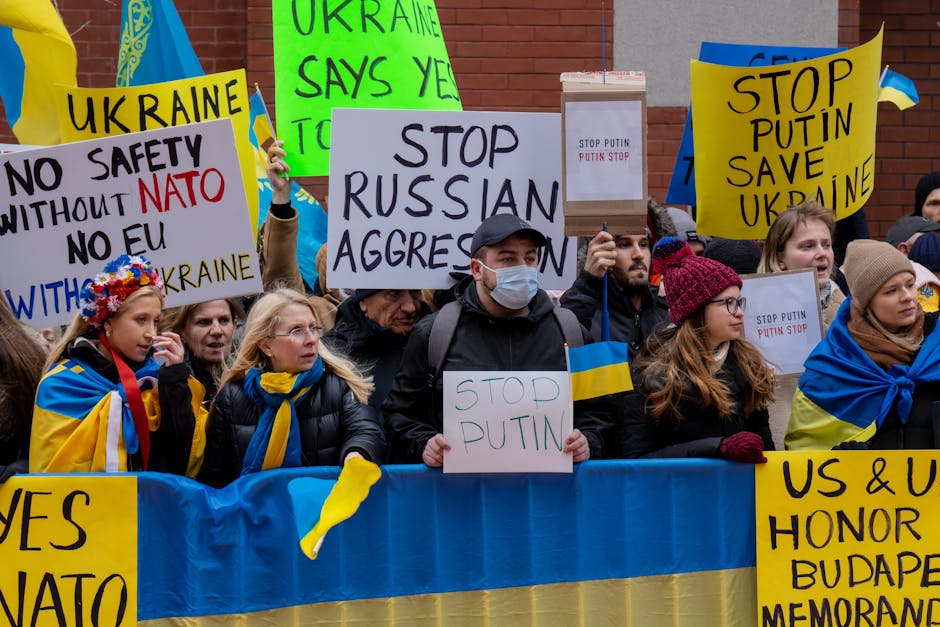US Rejects Claims of Russian Influence on Ukraine Peace Proposal
The United States has strongly dismissed allegations that its proposed peace plan for Ukraine was shaped by Russian demands, countering reports that the framework resembled a Kremlin “wish list.” The controversy emerged after unnamed European officials suggested the plan included concessions favorable to Moscow, raising alarms among Ukraine’s allies.
Details of the US-Backed Peace Plan
The proposed framework, developed by US officials in coordination with Kyiv, outlines steps to end the 18-month war, including security guarantees for Ukraine, territorial negotiations, and measures to prevent future conflict. However, leaked reports in European media claimed certain provisions—such as restrictions on Western military aid and implicit recognition of Russian-held territories—aligned with Moscow’s long-standing demands.
Russian Foreign Minister Sergey Lavrov welcomed the plan as a “realistic starting point,” intensifying Western skepticism about Moscow’s intentions.
US and Ukraine Firmly Deny Russian Involvement
The Biden administration swiftly refuted claims of external influence. A State Department spokesperson stated the proposal was “solely a US initiative, created with Ukraine and allied input,” emphasizing no Russian participation in its drafting.
“We will not support any agreement that compromises Ukraine’s sovereignty or rewards aggression,” the spokesperson added. Analysts note the dispute highlights growing divisions in Europe, with some nations pushing for negotiations while others oppose concessions.
Ukraine’s Unwavering Position
Kyiv maintains that any peace deal must include a full Russian withdrawal and accountability for war crimes. While Ukrainian officials have not rejected the US plan outright, they stress that sovereignty is non-negotiable.
“We value our partners’ support, but Ukraine will not accept frozen conflicts or territorial concessions,” an anonymous Ukrainian diplomat said.
Global Reactions and Next Steps
The debate has exposed rifts within NATO, with Germany and France advocating diplomacy while the US and UK prioritize military aid. Meanwhile, Russian state media frames the leaks as Western willingness to compromise—a tactic likely aimed at weakening Ukrainian resolve.
With Ukraine’s counteroffensive ongoing and winter approaching, pressure for negotiations may rise. Experts warn that premature concessions could embolden the Kremlin.
“The US must balance diplomacy with unwavering support for Ukraine,” said analyst Maria Kovalenko. “Any perceived hesitation risks fracturing the coalition.”
As tensions persist, the path to peace remains uncertain, with global security hanging in the balance.
Stay updated with the latest developments on this unfolding story.




